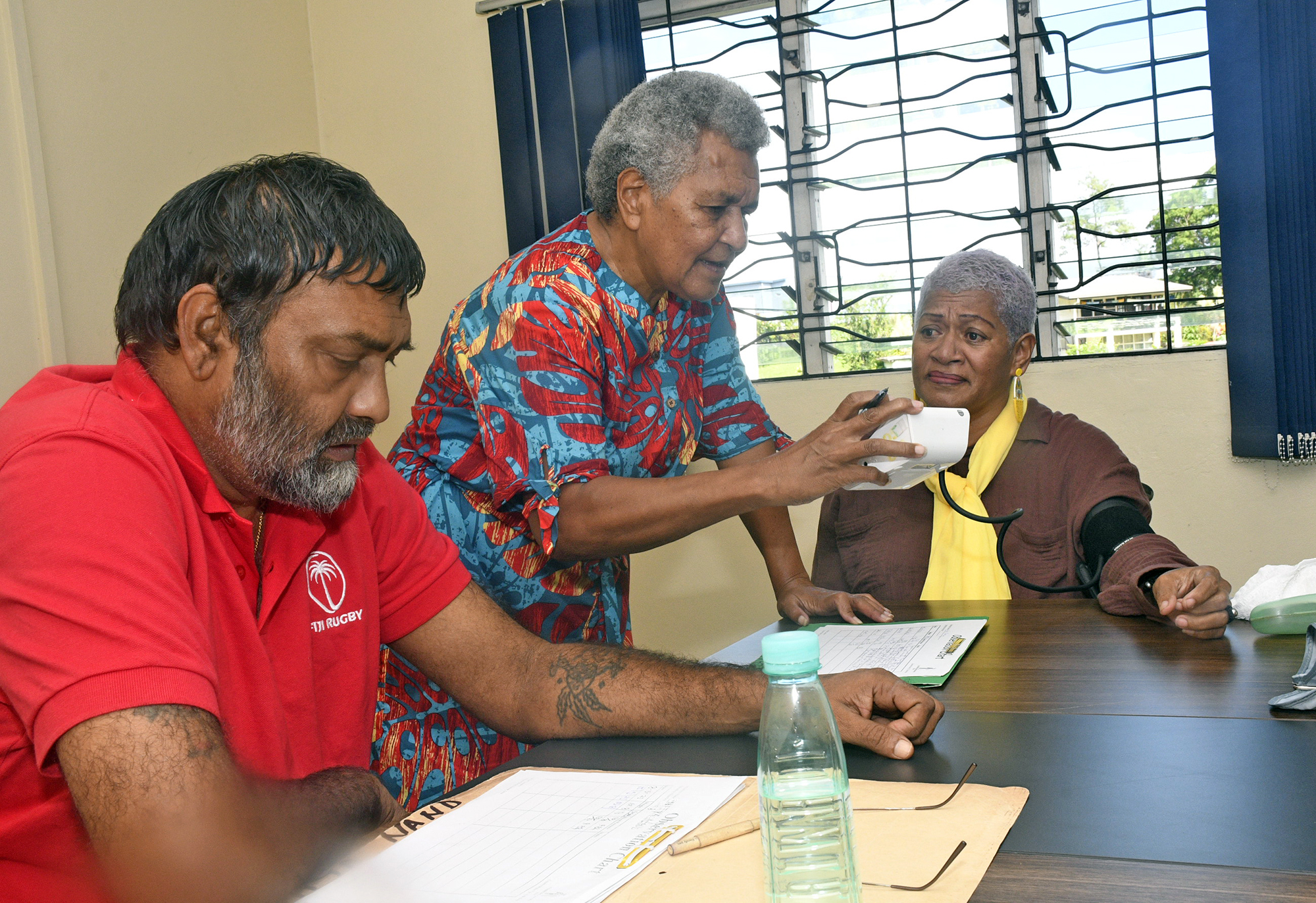ANYONE can suffer a stroke regardless of sex, age, race and ethnicity.
The warning from Counterstroke Fiji, a charity organisation committed to supporting stroke survivors and their carers and families, comes as its campaign on stroke observance this month continues.
Counterstroke Fiji president Elizabeth Reade Fong also warns that things will only get worse if prevention was not prioritised.
“If we do not focus on prevention as opposed to treatment our nation will be impacted socially and financially to the detriment of our people,” she said.
Over the last four decades, the organisation says rising incidences of stroke were noticeable, indicating that not enough was being done to reduce the risks of stroke.
“Statistics tell us that 1 in 4 people will have a stroke during their lifetime, and 81 per cent of people with heart (cardiovascular) disease will have a stroke.
“At any one time in Fiji, at least 2000 people will have suffered a stroke and of these 30 per cent will need a lot of assistance for the rest of their lives, 30 per cent will almost completely recover, and 40 per cent will need some assistance but can do most everyday activities on their own.”
With May being the World Stroke Organisation’s awareness month, Ms Fong said they were committed to raising awareness about the symptoms and risk factors of stroke.
“The latter is so important as most strokes are thought to be preventable with lifelong control of risk factors, especially high blood pressure.”
She said they recognised the role of the churches and had reached out to the Fiji Council of Churches and Interfaith Dialogue to support the message of prevention from the pulpit and at prayer meetings.
“The intention is for leaders of the various faiths to help bring our people back to healthy living.
“We have strayed from the healthy living on local produce over the last 30 years, proven in the increasing deaths of persons in the 30-50 age group.
“In this month of May and beyond, we are reminding our people that ‘our health is our wealth and a gift to each one of us’ through sermons, prayer gatherings and church discussions.”
She said by sharing the real-life experiences of stroke survivors, they hoped to inspire, educate, and raise awareness about stroke prevention, treatment, and recovery.
“Their stories can provide valuable insights and encourage those affected by stroke to seek early medical intervention and rehabilitation support.”



